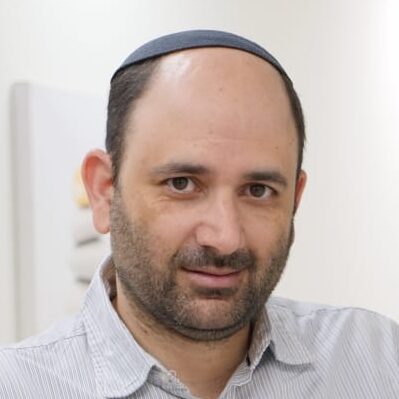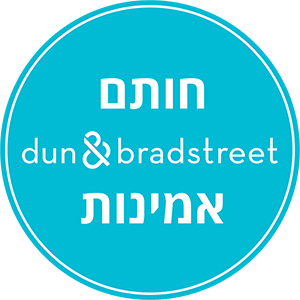A mortgage for foreign residents is intended for residents who come to Israel and are interested in a property in the country or for returning residents. The mortgages for foreign residents are characterized by a higher equity requirement than Israeli residents. Before we explain the aspects of the mortgage for non-residents, we will start with who is defined as a non-resident.
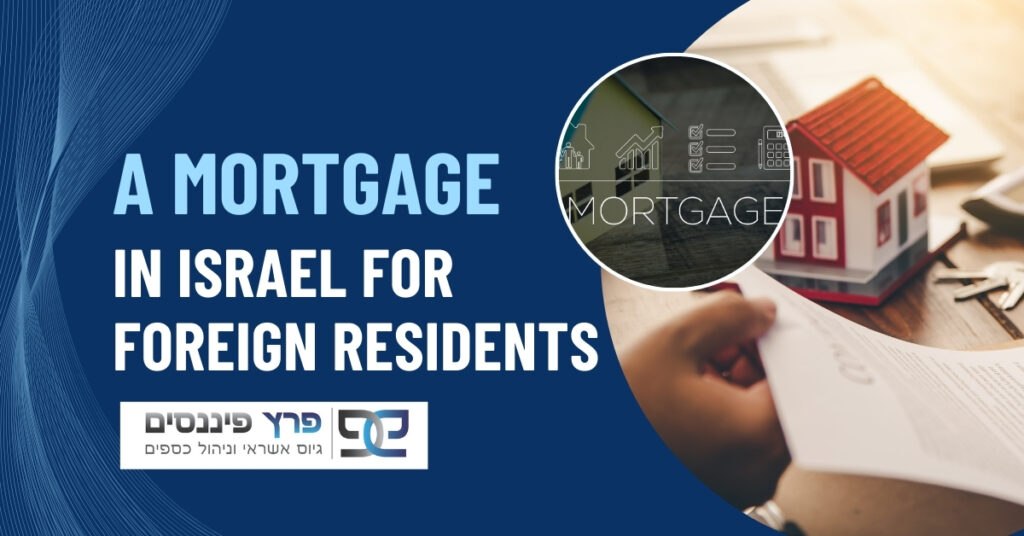
Who is defined as a foreign resident?
There are two criteria that define someone as a non-resident. The first is that he is an Israeli who regularly moved his residence abroad. The second is a Jew whose income is mainly abroad and who buys property in Israel.
What are the criteria for qualifying for a mortgage for a foreign resident ?
Before reaching the mortgage application process, depending on the applicant, documents are required. The requirements include an identity card or passport, recent pay stubs or an annual report for the self-employed, a taboo statement, bank statements, a financial wealth report or capital statement, credit rating and more. The specific criteria may vary between different lenders, so it's worth researching and comparing options to find the best fit.
What is the mortgage financing for non-residents ?
Most banks allow non-residents to take out a mortgage with financing of up to 50% of the property's value. But an Israeli citizen living abroad, who holds an Israeli identity card and has no other assets in Israel, can receive higher financing percentages.
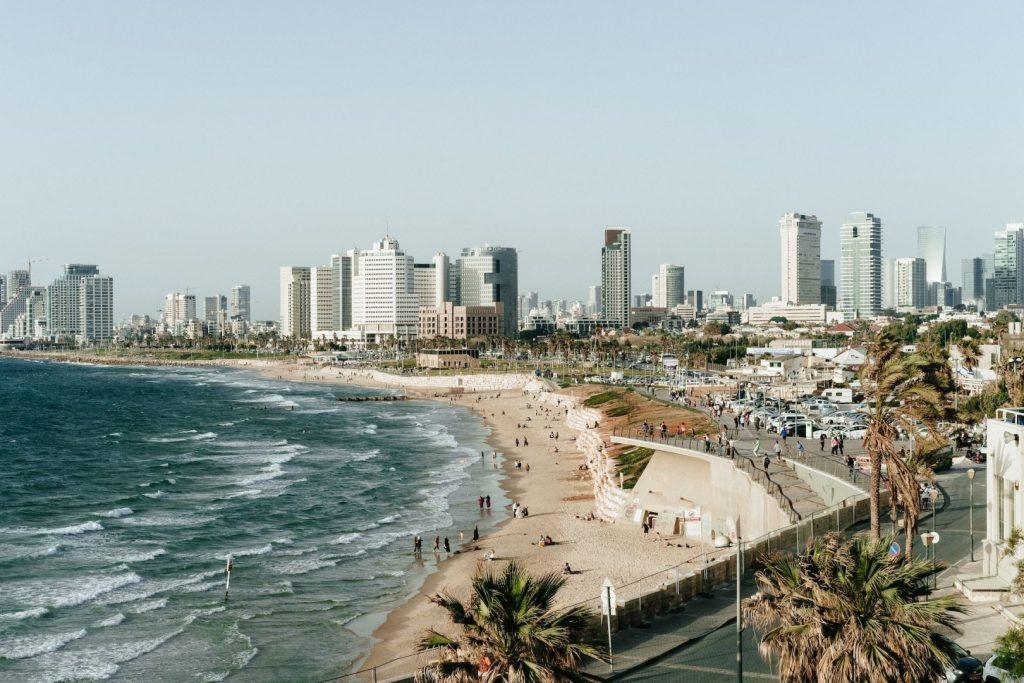
Is it possible to take out a mortgage for a foreign resident in foreign currency ?
A foreign resident can take a loan in Israeli shekels or alternatively in a foreign currency, such as US dollars or euros. Some banks even allow an inter-Japanese mortgage. Choosing the shekel provides protection against exchange rate fluctuations. However, if there is a stable income in foreign currency or a property is rented out in foreign currency, a mortgage in foreign currency is preferable. We note that residents of Israel are limited to only one-third pegged to foreign currency, but non-residents can peg the entire mortgage to foreign currency.
What are the terms of the mortgage and the interest rates ?
With the exception of the financing rates, the linkage to the foreign currency and the required documents, the terms of the mortgages are similar to the terms of the mortgages that Israelis take, both in the layout and in the routes, they can take linked or non-linked variable mortgages as well as linked or non-linked fixed mortgages. The only difference is that a foreign resident can take a link to the Labor rate , pegged to the dollar or the pound, etc.
What is the taxation for a foreign resident ?
The purchase tax paid by a foreign resident will be calculated according to the value of the apartment. Purchase tax rates for a foreign resident are higher compared to an Israeli resident. For example, there is no purchase tax exemption for a first apartment at a low price. and the tax rate is higher.
Is there a mortgage for those who are refused or a mortgage for disabled non-residents ?
It is true that most foreign residents are characterized by being more affluent than the Israeli average and many of them own properties in Israel or in the world. But of course the economy is unpredictable and even there there are expectations of inflation and recession. You can be fired from your job, be forced to sell a property, etc. When the flow stops, you have difficulty making repayments. But there are solutions for this too. In the case of a mortgage for those who are refused or a mortgage for the disabled there are several solutions:
- Loan against a property – A loan against a property is the ultimate solution for those who have difficulty with the flow and the monthly repayments. A loan against a property can facilitate the monthly repayment for the property's mortgage.
- Reverse mortgage – A reverse mortgage or pension mortgage is a mortgage intended for adults to help their children or as security for the retirement years. A reverse mortgage is a type of loan against a property with more flexible repayments than a regular mortgage.
- Second-rate mortgage – A second-rate mortgage is another option for a mortgage for those who refuse or a mortgage for the disabled. In a second-tier mortgage, we refinance part of the mortgage at another bank on better terms, so that the second-tier mortgage lender is the least preferred creditor, and the mortgage can be repaid more easily.
- Fully funded mortgage – A fully funded mortgage is a combination of several solutions to reach the fully funded mortgage required by the bank, including a loan against the savings account, a loan against an asset, a loan from friends, family, non-banking sources or a combination between the banks. Depending on the financing rate, all these factors can be combined for a fully financed mortgage.
In conclusion:
Investing in real estate as a foreign resident in Israel can be rewarding but also challenging, in understanding the taxes, the necessary financing, the restrictions on foreign residents, the necessary documents, and more. That is why you should consult with a professional mortgage advisor.
Since 2010, our office, Peretz Finance, has been accompanying purchase transactions of apartments for foreign residents, for investment in Israel and purchase for the purpose of immigration.
For any question we will be happy to help you.

